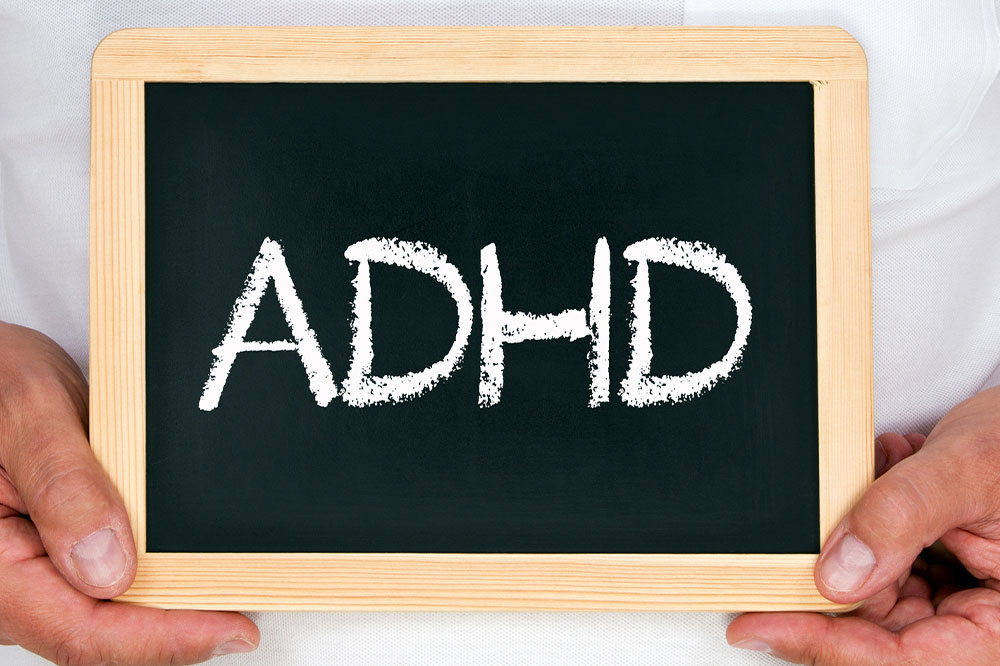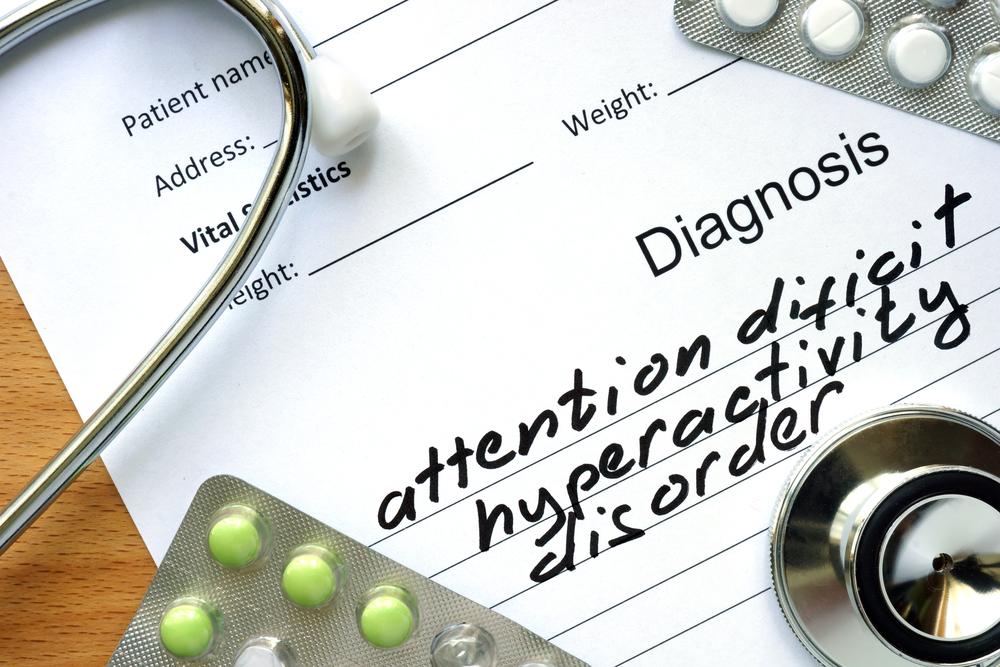Effective Strategies for Managing ADHD Symptoms
Learn practical strategies to manage ADHD effectively, including education, proper sleep and nutrition, exercise, task organization, and self-compassion. These tips can help improve focus, reduce overwhelm, and support overall well-being. Consulting healthcare professionals is recommended for personalized guidance.

Effective Strategies for Managing ADHD Symptoms
Attention-deficit hyperactivity disorder (ADHD) was once called hyperkinetic disorder, mainly linked to hyperactivity and poor impulse control. Nowadays, it's understood that symptoms encompass difficulty focusing, impulsiveness, low frustration tolerance, and disorganization. To effectively manage ADHD, developing healthy routines to improve concentration and achieve goals is essential. Here are practical tips to help navigate the challenges associated with ADHD.
Learn About ADHD
Understanding the condition and its effects on daily life is crucial. Seek information from reputable sources and consult healthcare providers for personalized advice.
Gaining insight into how the brain functions, recognizing symptoms, and accepting them form the foundation for managing ADHD effectively.
Prioritize Sleep and Nutrition
Restorative sleep helps regulate moods and enhances focus. Establish calming bedtime routines and avoid electronics an hour before sleep to improve sleep quality. Consuming protein-rich foods and whole grains supports dopamine production, which aids concentration, organization, and planning. Omega-3 supplements, such as fish oil, also benefit memory and focus, playing a vital role in managing ADHD.
Incorporate Regular Exercise
Consistent physical activity can significantly reduce symptoms and promote brain efficiency. Even half an hour of vigorous exercise boosts neurotransmitter function, supporting learning and focus.
Organize Tasks Effectively
People with ADHD often feel overwhelmed by multiple responsibilities. Using a prioritized to-do list helps manage tasks efficiently by sorting them based on urgency, making it easier to focus and complete each one.
Practice Self-Compassion
Lifestyle adjustments take time, and setbacks are normal. Be patient with yourself during this process. Additionally, seeking therapy—either online or in-person—can provide valuable perspective and support in managing ADHD symptoms.










